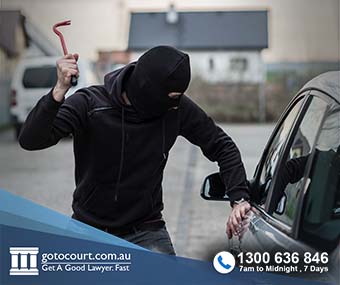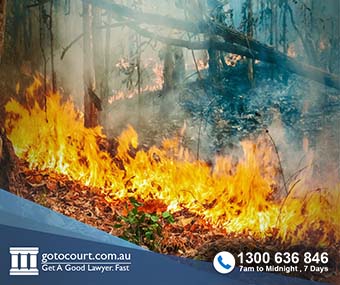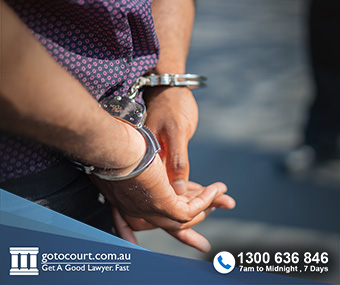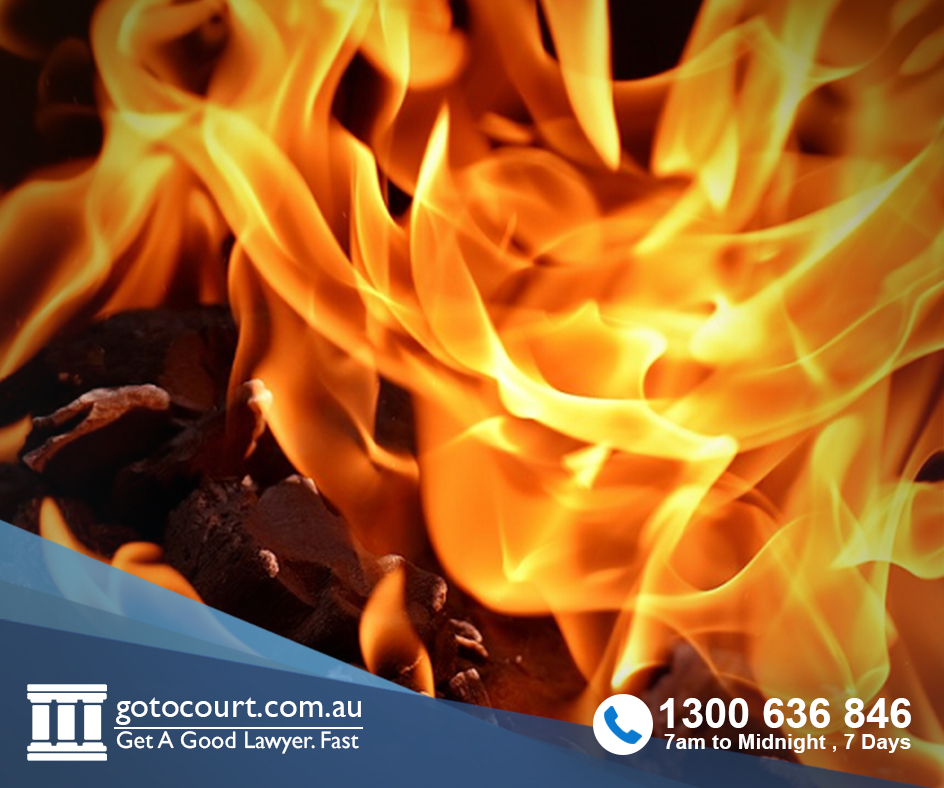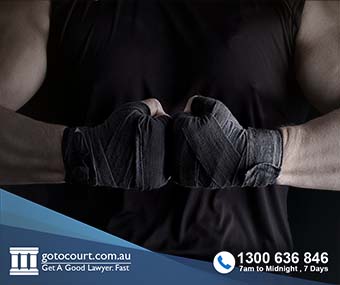Human Trafficking Offences Under Australian Law
Human Trafficking Offences Under Australian Law
Australia is well known as a destination country for victims of trafficking, particularly people from Thailand, Malaysia, the Philippines and Korea. The Commonwealth laws that deal with human trafficking offences in Australia are the Crimes Act 1914 (Cth) and the Criminal Code 1995 (Cth). It includes a range of offences which involve using some kind of force to move people around Australia or overseas for the purposes of exploiting them. It differs from people smuggling, which involves the moving of people across borders, but not for the purposes of exploiting them. It is difficult to calculate the actual level of human trafficking in Australia because of the secretive nature of the crime along with the likelihood that it is largely unreported.
Victim exploitation
Victims can be exploited for use in the sex industry or in any other industry or arrangement. Exploitation occurs if the person’s conduct causes the victim to enter into;
- Slavery, or conditions that are like slavery.
- Servitude
- Forced labour.
- Forced marriage.
- Debt bondage.
Consent to exploitation
Trafficking involves the suppression of a person’s free will. None of the offences relating to trafficking require proof that a victim did not consent. This is because many victims do give their consent to, or agree to the trafficking occurring. Trafficking includes a range of threatening and abusive conduct, including direct force, psychological oppression, duress, detention, abuse of power, and taking advantage of a victim’s vulnerability. This definition makes it possible to find that victims were coerced even in circumstances where they gave consent to the exploitation.
Criminal liability
Furthermore, proof that a person was physically restrained is not necessary to prove criminal liability.
It is an offence to organise or facilitate the entry, intended entry or reception of a person into Australia or the exit, or intended exit, of a person out of Australia where;
- There is the use of threats or force.
- The trafficker is reckless as to whether that person will be exploited.
- The trafficker deceives the person about the fact that they will have to provide sexual services, or will be exploited in other ways, or will be subject to a debt or will have their travel or identity documents taken from them.
- The person has agreed to provide sexual services but the trafficker deceives that person about the kind of services they will have to provide or whether they are free to stop providing the sexual services or to leave either the place where the services are provided or where they live.
Aggravated human trafficking
The maximum penalty is 12 years in prison. The offence is aggravated if the person trafficking knows that the victim will be exploited, or if the victim is treated in a way that is cruel or degrading or if there is a danger to them of death or serious harm. The maximum penalty is 20 years in prison. If the victim is a child, the maximum penalty is 25 years in prison.
This is where a person agrees to repay a debt by providing either their services, or the services of another.
It applies if;
- The debt is clearly excessive.
- If there is not a reasonable amount paid for the work and deducted from the debt.
- If the type or length of service is not properly limited or set out.
Debt bondage
It is an offence for a person to intentionally cause someone to enter into debt bondage. The offence is aggravated if the case involves a child, or if the victim is treated cruelly or subjected to inhuman or degrading treatment, or in a way that leads to a danger of serious harm or death to them or another person. The maximum penalty is 4 years in prison, or 7 years for the aggravated offence.
It is an offence to take part in any way in the entry or intended entry into Australia, reception, exit or intended exit or the movement around Australia of a victim by a person who is reckless as to whether it will result in the removal of a victim’s organ. The offence is aggravated if the case involves a child, or if it involves cruel, inhuman or degrading treatment, or conduct that might lead to a danger of death or serious harm to the victim or another person. The maximum penalty is 12 years in prison or 20 years in prison for the aggravated offences.
It an offence to do anything to hide or conceal a person who is a victim of any of the above offences, if by doing so they are assisting another to commit the offence. The offence carries a maximum penalty of 4 years in prison or 7 years in prison if the victim is a child.

Affordable Lawyers
Our Go To Court Lawyers will assist you in all areas of law. We specialise in providing legal advice urgently – at the time when you need it most. If you need a lawyer right now, today, we can help you – no matter where you are in Australia.How It Works




1. You speak directly to a lawyer
When you call the Go To Court Legal Hotline, you will be connected directly to a lawyer, every time.

2. Get your legal situation assessed
We determine the best way forward in your legal matter, free of charge. If you want to go ahead and book a face-to-face appointment, we will connect you with a specialist in your local area.

3. We arrange everything as needed
If you want to go ahead and book a fact-to-face appointment, we will connect you with a specialist in your local area no matter where you are and even at very short notice.


